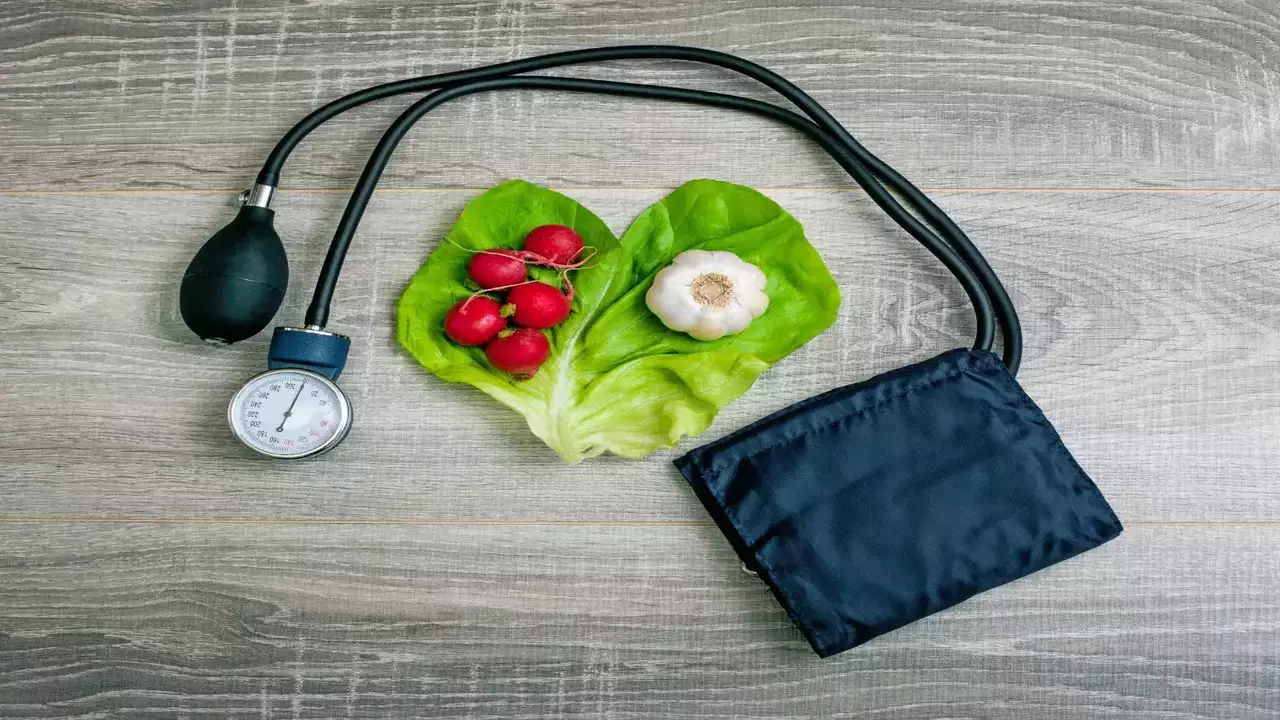Cholesterol levels often rise during the winter months due to several physiological, behavioral, and environmental factors.
Here’s why this happens:
1. Seasonal Changes in Physical Activity
- Why? Cold weather may lead to reduced outdoor activities and lower physical activity levels, which can impact lipid metabolism.
- Effect: Less exercise can lead to weight gain and higher levels of LDL (bad cholesterol).
2. Dietary Habits
- Why? Winter diets often include heavier, richer, and more calorie-dense foods that are high in fats and carbohydrates.
- Effect: Increased consumption of saturated fats and sugars can elevate cholesterol levels.
3. Reduced Sunlight and Vitamin D
- Why? Shorter days and less sunlight reduce the body’s natural production of vitamin D, which plays a role in lipid regulation.
- Effect: Low vitamin D levels are associated with higher LDL cholesterol and lower HDL (good cholesterol).
4. Hormonal Fluctuations
- Why? Seasonal changes can influence hormones like cortisol and melatonin.
- Effect: Increased cortisol levels due to winter stress may contribute to higher cholesterol levels.
5. Temperature-Induced Changes in Lipid Metabolism
- Why? Cold temperatures may trigger the body to retain cholesterol as part of its adaptation to maintain cell membrane fluidity in colder conditions.
- Effect: This physiological adaptation can lead to a rise in cholesterol levels.
6. Increased Inflammation
- Why? Winter is associated with a higher prevalence of illnesses, which can trigger inflammation.
- Effect: Chronic low-grade inflammation can affect lipid metabolism, raising cholesterol levels.
7. Holiday Indulgences
- Why? Festive seasons in winter often involve overeating, alcohol consumption, and rich desserts.
- Effect: These habits can temporarily increase cholesterol levels.
Tips to Manage Cholesterol in Winter:
- Stay Active: Engage in indoor exercises like yoga or gym workouts if outdoor activities are limited.
- Eat Heart-Healthy Foods: Focus on fruits, vegetables, whole grains, nuts, and seeds.
- Limit Saturated Fats: Cut back on fatty meats, full-fat dairy, and fried foods.
- Monitor Vitamin D: Consider supplements or foods fortified with vitamin D after consulting your doctor.
- Stay Warm: Keep your body temperature regulated to minimize physiological stress.
- Regular Checkups: Keep track of your cholesterol levels with routine tests, especially during winter.







